The Inevitable Future
Film student Taylor Baldschun invited me to participate in a project of his, a short documentary on the end of humanity. His final (for the moment) version can be seen here:
The Inevitable Future from Taylor Baldschun on Vimeo.
On my first viewing, I started counting off the various mannerisms and habits that I find annoying in my own speaking style. But I was caught off-guard by my own final statement, which Taylor uses to close the movie.
If humanity were to go extinct, obviously, our life goes away. Over time, our artifacts go away. So what really would be lost in that existential sense is potential. Because we know that we could do so much more than what we’ve done by now. That we could be better stewards of the planet. That we could develop tools to let us learn new things and go new places. That we could make a better world. And that goes away. That potential, that possibility… it would be an enormous loss of a future.And that, to me is, the hardest thing to envision — not because it’s difficult to imagine but because it’s painful to imagine.
We have, as a civilization, as human beings, such incredible potential. Potential that has not yet been made manifest. And I hope that we have enough time to show the value of that potential.
It's not perfect, could use a bit of editing to clean it up, but it's not too bad for something made up on the spot. The video as a whole is thoughtful, quiet, and well worth watching. It's not a bad way to spend ten minutes of your day.

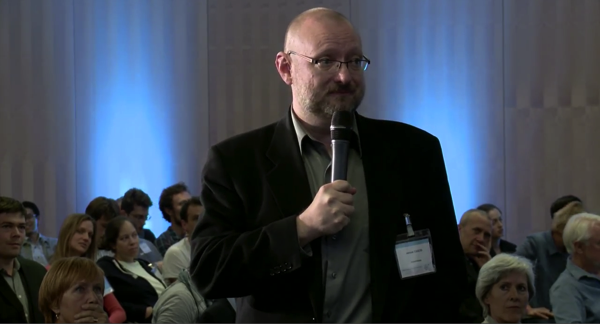 The Climate Engineering Conference 2014 in Berlin has uploaded the videos of all plenary sessions, available
The Climate Engineering Conference 2014 in Berlin has uploaded the videos of all plenary sessions, available 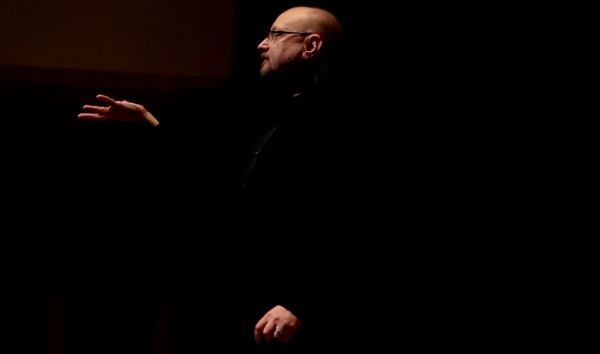

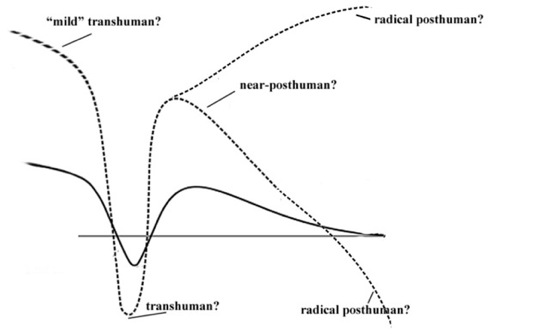
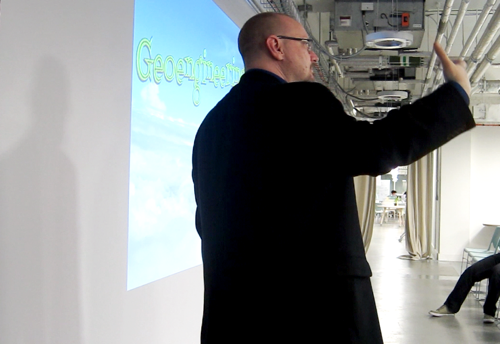
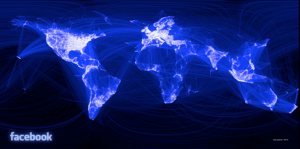 This past January, I participated in the
This past January, I participated in the 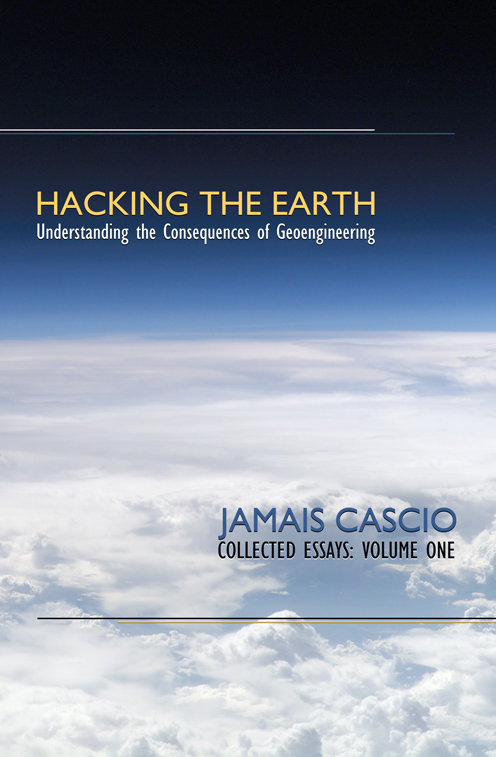 A few weeks ago, I was interviewed by
A few weeks ago, I was interviewed by 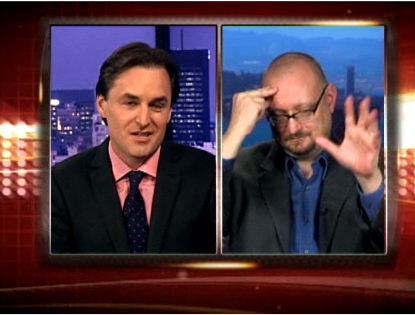
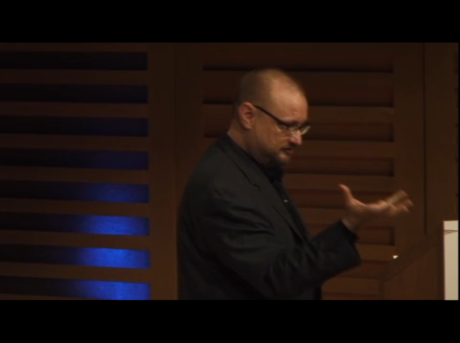


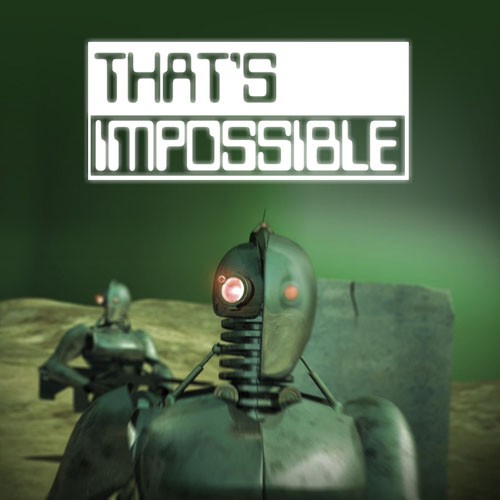
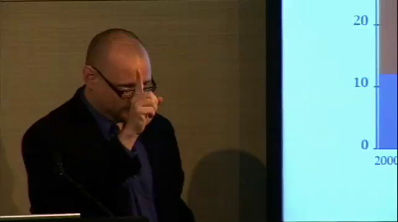
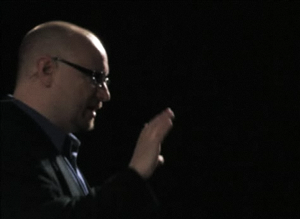 The
The 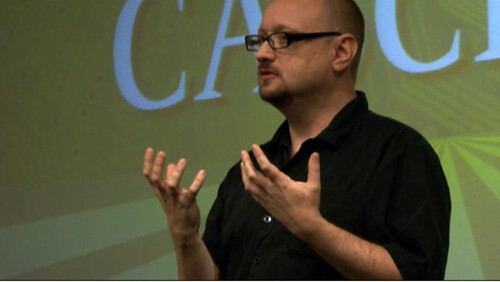
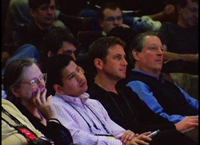 It's an interesting historical artifact. It was the first big presentation I'd ever given, and I had to give it in front of a thousand people, including some fairly high-profile folks. I was incredibly nervous, and it shows (I really needed to stop leaning on the little podium, and would somebody please give me a glass of water!). Moreover, I read the talk, rather than just speak extemporaneously, in part because the time limit was drilled into my head, but mostly because I didn't have the confidence that I'd be able to carry off the presentation without a script. I don't do that any more.
It's an interesting historical artifact. It was the first big presentation I'd ever given, and I had to give it in front of a thousand people, including some fairly high-profile folks. I was incredibly nervous, and it shows (I really needed to stop leaning on the little podium, and would somebody please give me a glass of water!). Moreover, I read the talk, rather than just speak extemporaneously, in part because the time limit was drilled into my head, but mostly because I didn't have the confidence that I'd be able to carry off the presentation without a script. I don't do that any more.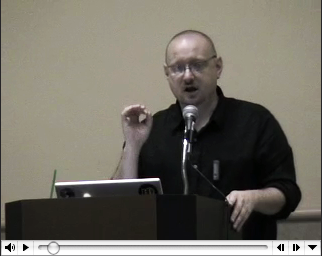
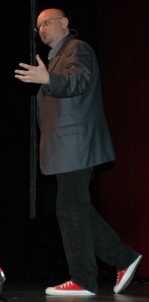
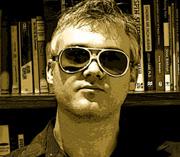 I'm in a cluster of Internet radio podcasts this week.
I'm in a cluster of Internet radio podcasts this week.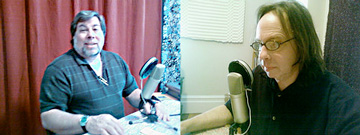 R.U. Sirius invited me back to serve as co-host for his shows this last weekend, and two have now appeared as MP3s.
R.U. Sirius invited me back to serve as co-host for his shows this last weekend, and two have now appeared as MP3s. Earlier this year, I was asked to join a podcast group calling itself
Earlier this year, I was asked to join a podcast group calling itself